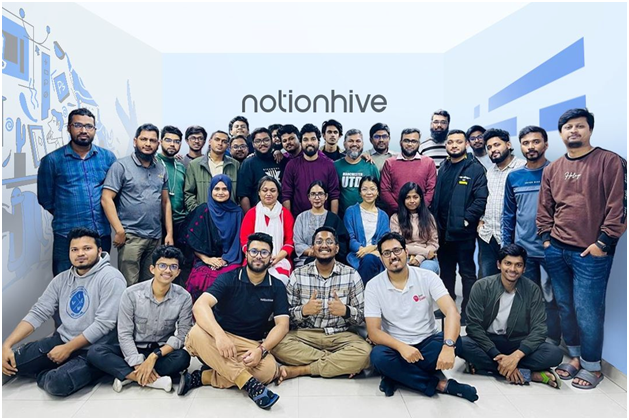
How to Set a Goal: First consider what you want to achieve, and then commit to it. Set SMART (specific, measurable, attainable, relevant and time-bound) goals that motivate you and write them down to make them feel tangible. Then plan the steps you must take to realize your goal, and cross off each one as you work through them. COURTESY
Goal setting is a powerful process for thinking about your ideal future, and for motivating yourself to turn your vision of this future into reality.
The process of setting goals helps you choose where you want to go in life. By knowing precisely what you want to achieve, you know where you have to concentrate your efforts. You'll also quickly spot the distractions that can, so easily, lead you astray.
Instead of relying on a generalized framework to explain your vision, use a tried-and-true goal-setting model. A useful way of making goals more powerful is to use the SMART mnemonic. While there are plenty of variants (some of which we've included in parenthesis), SMART usually stands for:
S – Specific (or Significant).
M – Measurable (or Meaningful).
A – Attainable (or Action-Oriented).
R – Relevant (or Realistic).
T – Timelines (or Time-bound).
For example, instead of having "to sail around the world" as a goal, it's more powerful to use the SMART goal "To have completed my trip around the world by December 31, 2027." Obviously, this will only be attainable if a lot of preparation has been completed beforehand!
The SMART framework demystifies goals by breaking them into smaller steps.
Helpful hints when setting SMART career goals:
Start with short-term goals first. Work on your short-term goals, and then progress the long-term interests. Short-term goals are those things which take 1-3 years to complete. Long-term goals take 3-5 years to do. As you succeed in your short-term goals, that success should feed into accomplishing your long-term goals.
Be specific, but don’t overdo it. You need to define your career goals, but if you make them too specific, then they become unattainable. Instead of saying, “I want to be the next CEO of Apple, where I’ll create a billion-dollar product,” try something like, “My goal is to be the CEO of a successful company.”
Get clear on how you’re going to reach your goals. You should be able to explain the actions you’ll take to advance your career. If you can’t explain the steps, then you need to break your goal down into more manageable chunks.
Don’t be self-centered. Your work should not only help you advance, but it should also support the goals of your employer. If your goals differ too much, then it might be a sign that the job you’ve taken isn’t a good fit.






0 Comments